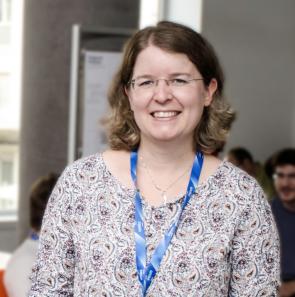|
|
|
It’s Time to ReasonThe fundamental issue underlying natural language understanding is that of semantics – there is a need to move toward understanding natural language at an appropriate level of abstraction in order to support natural language understanding and communication with computers. Machine Learning has become ubiquitous in our attempt to induce semantic representations of natural language and support decisions that depend on it; however, while we have made significant progress over the last few years, it has focused on classification tasks for which we have large amounts of annotated data. Supporting high level decisions that depend on natural language understanding is still beyond our capabilities, partly since most of these tasks are very sparse and knowledge-intensive, and generating supervision signals for it does not scale. I will discuss some of the challenges underlying reasoning – making natural language understanding decisions that depend on multiple, interdependent, models, and exemplify it mostly using the domain of Reasoning about Time, as it is expressed in natural language.
|
|
|
|
|
Returning the L in NLP: Why Language (Variety) Matters and How to Embrace it in Our ModelsNLP’s success today is driven by advances in modeling together with huge amounts of unla- beled data to train language models. However, for many application scenarios like low-resource languages, non-standard data and dialects we do not have access to labeled resources and even unlabeled data might be scarce. Moreover, evaluation today largely focuses on standard splits, yet language varies along many dimensions. What is more is that for almost every NLP task, the existence of a single perceived gold answer is at best an idealization. In this talk, I will emphasize the importance of language variation in inputs and outputs and its impact on NLP. I will outline ways on how to go about it. This includes recent work on how to transfer models to low-resource languages and language variants, the use of incidental (or fortuitous) learning signals such as genre for dependency parsing and learning beyond a single ground truth.
|
|


